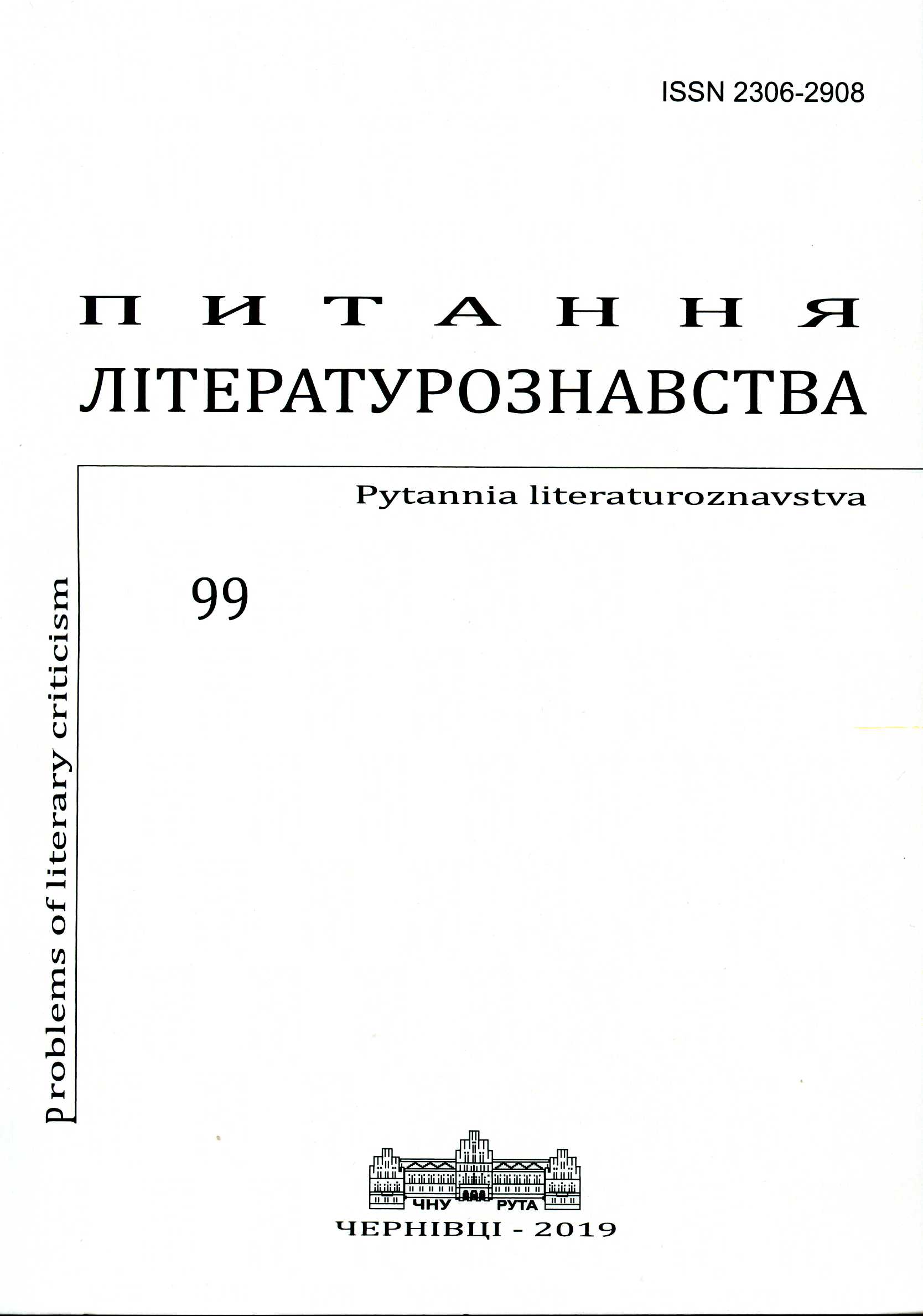Роман З. Ленца “Перебіжчик”: успіх після провалу або парадокс рецептивної трансгресії
The Novel by S. Lenz “Der Überläufer”: Success After Failure or the Paradox of Receptive Transgression
Author(s): Tetiana BasniakSubject(s): Studies of Literature, German Literature
Published by: Чернівецький національний університет імені Юрія Федьковича
Keywords: S. Lenz; “Der Überläufer”; receptive transgression; war; existential uncertainty; marginal character; Iron Curtain;
Summary/Abstract: Siegfried Lenz (1826–2014) has experienced arrange of tragic events, related to his manuscript “The Deserter” (1951) on the way to a great success of the novel “The German Lesson” (the latter starts the list of the Austrian Manes Sperber Prize winners (1985). In the novel, the Wehrmacht soldier Walter Prosca (who had shot and killed the enemies throughout the whole war) suddenly realizes the worthlessness and futility of all his efforts, as well as starts pondering whether justice exists, and if yes, who it belongs to. When the question of his faith to Wehrmacht arises, he hesitates. The novel was designed as the continuation of Lenz’s rather successful work “Hawks in the Air” (1951). However, it was not published due to a very negatory review of O. Görner. The readers saw “The Deserter” only two years after S. Lenz’s death. It became are sonant bestseller in 2016. As to the novel itself, there is an evident inversion of critical narrative in it. The article under discussion deals with this receptive paradox. The key role in perceiving the author’s view belongs to his ambiguous inscription on a folder with the manuscript “Death Makes Music”. The latter inscription requires a more detailed analysis. In the book epilogue, the manager of Lenz’s literary heritage G. Berg points at the reasons why the editor refused to publish the novel. The above refusal was closely related to the beginning of Cold War. The text analysis proves how risky it is to reveal the topical issues, provided the author’s view is greatly affected by historical uncertainty.
Journal: Питання літературознавства
- Issue Year: 2019
- Issue No: 99
- Page Range: 166-179
- Page Count: 13
- Language: Ukrainian

